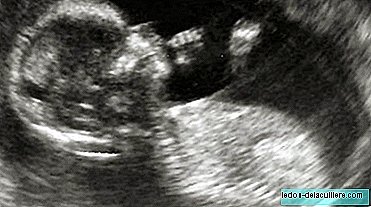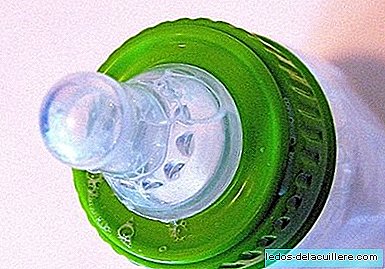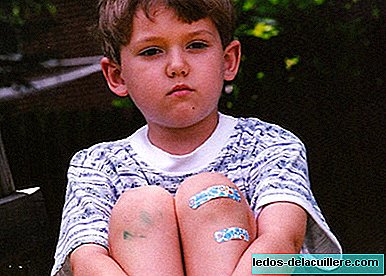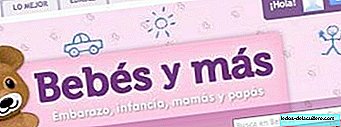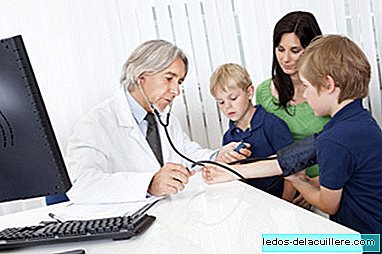
Hypertension is a global public health problem. The increase in blood pressure is dangerous in any person, as it contributes to the burden of heart disease, strokes and kidney failure, and premature mortality and disability. And although it is a problem that primarily affects adults, pediatric hypertension has an increasing prevalence, although it is often underdiagnosed.
There are more and more studies that relate blood pressure in childhood with that of adulthood, in the sense that a child with high blood pressure levels has a higher risk of becoming a hypertensive adult. We as parents we can protect our children from hypertension, since it is known that the increase in obesity rates, poor eating habits and sedentary lifestyle are the cause of the growing number of hypertensive children.
Most cases of hypertension in the pediatric population are usually of secondary cause, that is, a consequence of another underlying pathology, although there are increasingly more cases of primary or essential hypertension, in which there is no identifiable cause, although it is related As we have said with obesity.
According to WHO, hypertension is a lethal, silent and invisible disease that rarely causes symptoms. It is important to detect it in time to prevent complications, but more important is to prevent hypertension. And although many of the advice they offer are aimed at adults, since childhood we can protect children from hypertension.
This is achieved by modifying risk factors related to behavioral habits, such as an unhealthy diet or physical inactivity. Tobacco and alcohol may increase the risk of complications of hypertension in adults. In children, the probability of suffering from hypertension and its adverse consequences can be minimized by:
Healthy diet
- Promote healthy lifestyles, with emphasis on adequate nutrition for infants and young people.
- Reduce salt intake to less than 5 grams per day.
- Consume five servings of fruits and vegetables a day.
- Reduce the intake of saturated fat and fat in general.

Physical activity
- Regularly perform physical exercise and promote the physical activity of children and young people. WHO recommends physical activity for at least 30 minutes a day, five days a week.
- Maintain body weight in normal values.
It has been shown that weight loss, possible thanks to the healthy diet and regular practice of physical activity, leads to an improvement in the control of blood pressure in hypertensive children and adolescents regardless of other factors.
Zero tobacco
Although this is an advice for adults, it also affects children, as it is not only recommended to stop using but also to eliminate exposure to tobacco smoke. And we know that the children of smoking parents have more problems related to passive smoking.
Reduce stress
Again we are facing a council aimed mainly at adults, but since more and more stressed children are counted in the world, we must not forget this factor. Some studies have shown that the regular performance of relaxation techniques, meditation, music therapy ... can favor better blood pressure control. Properly handle stress It contributes to the total health of people.
Recall that the treatment of hypertension has a non-pharmacological approach, based on lifestyle modifying measures, and another pharmacological approach, which is not always necessary to go to. In the event that your child has hypertension, the doctor will determine how to act once the particular characteristics of the problem are known.
According to the Spanish Association of Pediatrics, non-pharmacological measures (weight reduction, diet and exercise) should be initiated in all cases of high blood pressure and even with normal-high blood pressure. But whenever we can prevent hypertension in children We will avoid future complications. It's just about keeping healthier lifestyle habits!
Photos | iStock
Via | WHO, AEPed
In Babies and more | Childhood hypertension and television, hypertensive states of pregnancy, did you suffer any? When a food has too much salt, fat or sugar? Does my child need cholesterol control?



